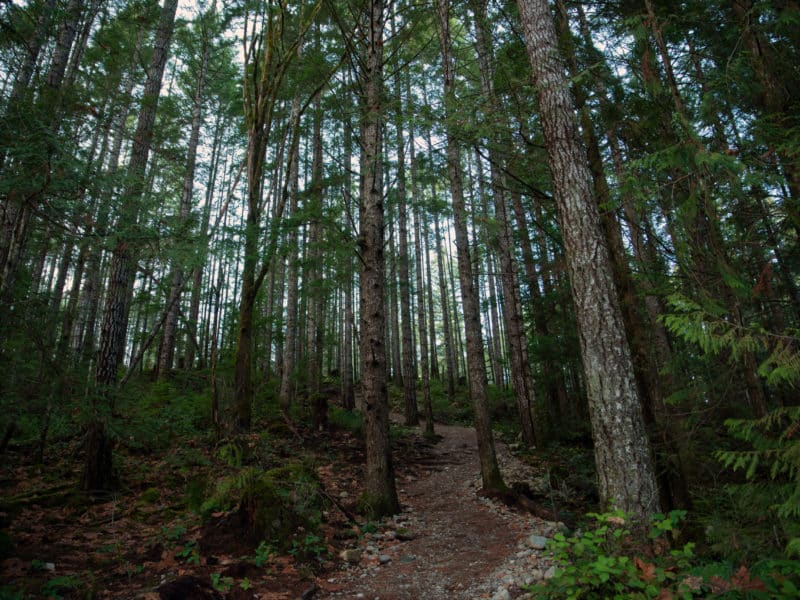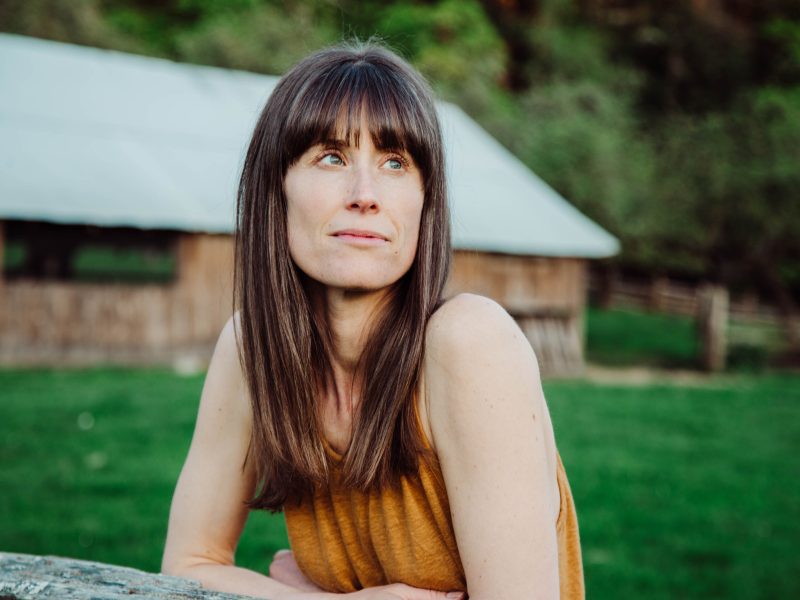
This article discusses the abuses and ongoing impacts of Canada’s residential “school” system. Please take care and reach out if you need support. The Indian Residential School Survivors Society crisis line is available any time at 1-800-721-0066.
On June 30, Coast Salish Elders Ray Tony Charlie and Florence James, both members of Penelakut Tribe, led a listening circle to share and heal from the stories of abuse in Canada’s residential “school” system.
The Centre for Global Studies and the POLIS Project on Ecological Governance at the University of Victoria hosted the virtual gathering of approximately 180 people.
“There is a lot of pain. There is a lot of sorrow. There is a lot of grieving,” Elder Ray Tony said, referring to the impacts of announcements that unmarked burials have been confirmed at several former residential “school” sites across the country.
Full video of the event is available online. The following is a summary of some of what was said.
‘Our people have been talking about this for a long time’
“It’s important that we continue to support, but also learn what has happened,” Ray Tony said. “This has been an awakening for Canada. A lot of our survivors and a lot of our people have talked about this for a long time. But it is becoming public now because they discovered the bodies. And a lot of our people have been talking about this for a long time. But we’ve had no audience, we’ve had no support and we’ve had no understanding.”
For many years, Ray Tony has been open about sexual abuse he faced in the 1960s while attending Kuper Island School, on Penelakut Island. His testimony helped to convict Roman Catholic brother Glenn Doughty, one of few abusers to face charges for crimes against children in the residential “schools.”
In 2002 a judge sentenced Doughty to three years in prison for 11 crimes involving the sexual assault of children at “schools” on Penalakut and in Williams Lake between 1963 and 1972. Doughty had previously been convicted of additional sex crimes against children at the Williams Lake “school” in a separate trial.
“I’m not unique,” Ray Tony said, at the listening event. “I always say, I’m only one of 150,000 children. We all have our stories. We all have our challenges. And I really feel today that we must heal. It’s important that we share our stories so people will begin to understand what happened.”
A turning point in his healing was when he finally told his wife what had happened to him, 20 years after the abuse began, he said.
“I’m sharing here because I really want everyone to understand, there is still a lot of pain, there is still a lot of trauma,” Ray Tony said.
“There is still a lot of difficulties among our people today. A lot of them can’t talk, a lot of them are still having a hard time. So I decided I will share my story so people will begin to understand our people are still in a difficult place.”
‘They were innocent’
Elder Florence James responded to Ray Tony’s sharing by acknowledging the innocence of the children who were abused in the “schools.” “I want to take away the thought, just to help with the memory, that these innocent children did not do that. They should not feel guilty or ashamed. And to tell a story is to release the pain. I felt it when my daughter died. I just felt that the more I said it, the better I felt. There was a healing with it.”
Florence shared that she did not attend the “school,” because her mother fought off the Indian agent. But the impact through generations of her family was immense.
“A lot of my family came out, they couldn’t sign their name. Yet, they called it ‘school.’ ‘School,’ they said. But it wasn’t. Right from my great-grandma’s time — she lost three children there. And they never did tell her that they died.”
Her mother attended. Her husband, too, was sexually abused there as a young boy.
Her great-great-grandfather donated the land to have the school built, Florence shared.
“You have to remember that, too. That is what he dreamed for the kids,” she said. “All they ever wanted was education for the children.”
What they received instead was the opposite. “They anihilated our children.”
Elders Florence and Ray Tony both emphasized that many are still not ready or able to speak about their experiences. They hold it in, as a way to survive.
“What all is being revealed today, I pray that nothing shall be hid. I pray that all the time, so that these families of ours, our members can heal, and be able to feel safe,” Florence said.
“It’s the best tool in the world, is the listening part. And you can help us with the pain.”
‘This is the Canadian Indigenous genocide’
Rocky James, son of Elder Florence, spoke next at the listening circle event. He shared a teaching he recalled from his uncle Joe Norris:
“One day people are going to be sitting around, and they’re going to say, ‘We’d better ask an Elder.’ And they’re going to look at you. And it’s going to be you. What are you going to say?’”
“When it comes to the legacy of the Indian Residential School system,” Rocky responded, “what I’m going to say is that I know that my uncle Tony Charlie went to the residential school. And it’s painful. It’s a horrible thing to hear. But I’m going to be very clear with people that this story is not just about sexual abuse, physical abuse or mental abuse. This is the Canadian Indigenous genocide. And we can no longer deny that now. These are acts of genocide, and human rights violations. And these were children. We can’t forget that.”
As the others, Rocky spoke to the power of listening to support healing. “One of the strongest things that we can do for people, that we can actively do, is to live as a witness. And to be here, and to listen to these stories, and to make sure that people don’t forget.”
Elder Ray Tony has written a book about his residential “school” experiences, to be published this September. He is accepting contributions to support the project via an online fundraiser.
Penelakut Tribe has invited the community at large to attend a March for the Children on Aug. 2. The organizers ask that participants sign waivers, beginning at 8 a.m. at the Salish Sea Market in Chemainus. The march will begin at 9 a.m. at the same location. [end]



